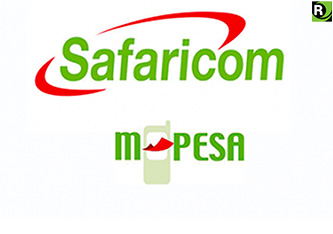
Kenya’s biggest telco, Safaricom, is in advanced talks with the Ethiopian government to introduce its popular mobile money service – M-Pesa, to the country. Ethiopia is a potentially lucrative market with 100 million people.
Safaricom’s parent company, Britain-based Vodafone, will license the use of the M-Pesa trade name to an Ethiopia-based bank while Safaricom will host the servers in Nairobi, according to an industry source to Reuters. Ethiopia’s state telecommunications monopoly, Ethio telecom, will carry the service.
M-Pesa has nearly 30 million users in Kenya since its launch in 2007. It is a major contributor to Safaricom’s revenues, accounting for a third of the total.
M-Pesa, which started in 2007, has around 20 million active users in Kenya and has become the principal driver of profit growth for the dominant telecoms provider in East Africa as revenue from traditional voice and text services has flattened off.
Over the last decade, it has evolved from a basic money transfer service to a financial platform offering savings, loans and insurance products in conjunction with local lenders.
The service allows users to deposit money into an account stored on their cell phones, to send balances using PIN-secured SMS text messages to other users, including sellers of goods and services, and to redeem deposits for regular money. Users are charged a small fee for sending and withdrawing money using the service.
M-Pesa is a branchless banking service; M-Pesa customers can deposit and withdraw money from a network of agents that includes airtime resellers and retail outlets acting as banking agents.
M-Pesa has spread quickly, and by 2010 had become the most successful mobile-phone-based financial service in the developing world. By 2012, a stock of about 17 million M-Pesa accounts had been registered in Kenya. By June 2016, a total of 7 million M-Pesa accounts have been opened in Tanzania by Vodacom. The service has been lauded for giving millions of people access to the formal financial system and for reducing crime in otherwise largely cash-based societies.




